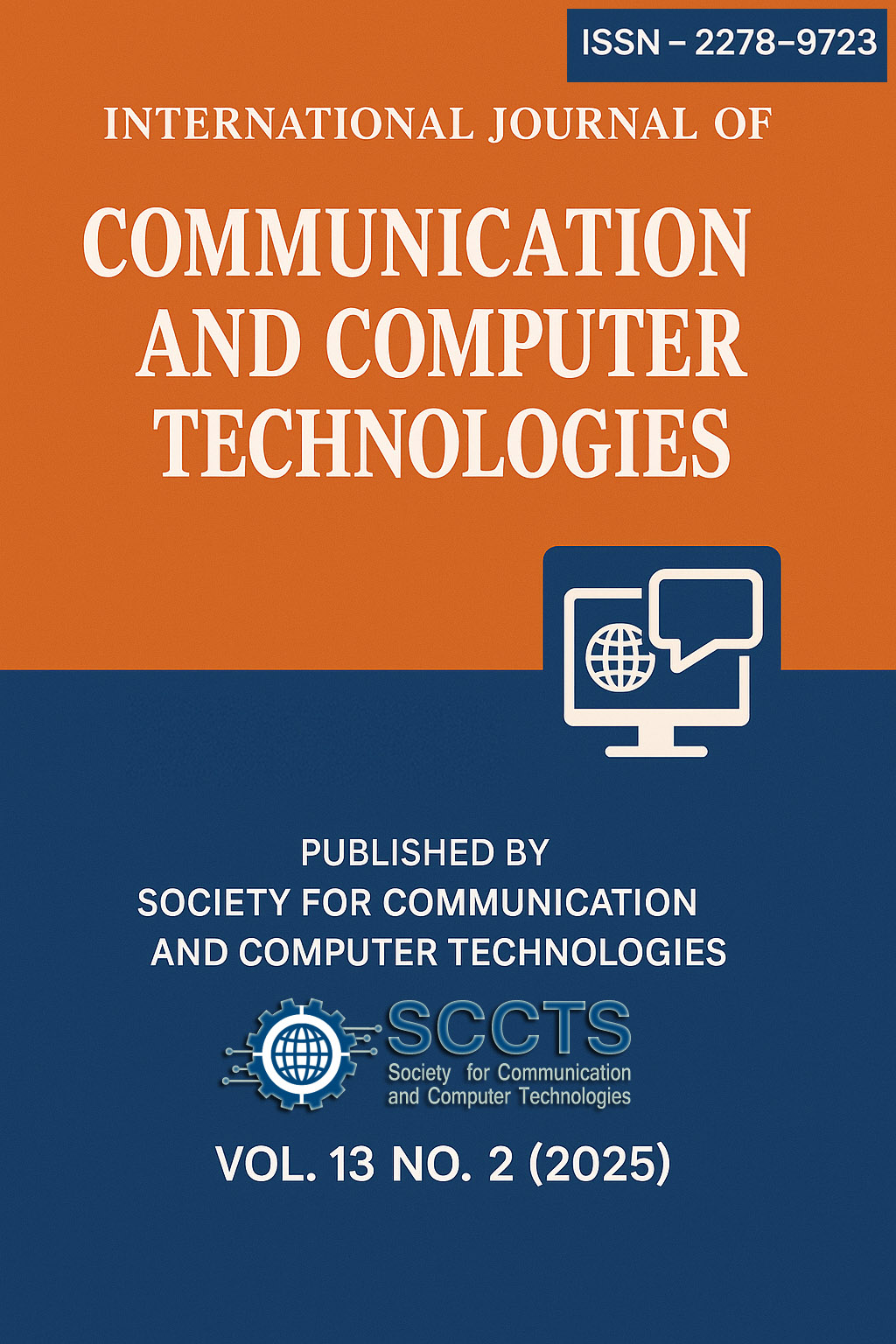Minimizing the Energy Consumption of Wireless Sensor Network by Comparing the Performances of Maxweight and Minimum Energy Scheduling Algorithms
Keywords:
Wireless sensor networks, Virtual Backbone Scheduling, MLBS Problem, Energy Consumption, Network LifetimeAbstract
In this project we use MES algorithm is more favorable for dynamic link scheduling and network protocol designs in energy-constrained wireless networks such as wireless sensor networks which is well known to be throughput optimal. Before that we implement a novel scheduling method named Virtual Backbone Scheduling which schedules multiple overlapped backbones so that the network energy consumption is evenly distributed among all sensor nodes. In this way, the energy of all of the sensor nodes in the network is fully utilized, which in turn prolongs the network lifetime. Here the data is only forwarded by the backbone sensor nodes and other sensor nodes turn off the radios saves energy. The Energy Consumption is balanced by rotating the multiple backbones. Approximation algorithms are used for solving the MLBS problems. MES significantly reduces the energy consumption compared to the original MaxWeight algorithm. In addition, we analytically show that the MES algorithm is essentially energy optimal in the sense that the average energy expenditure of the MES algorithm can be pushed arbitrarily close to the global minimum solution.
Downloads
Published
How to Cite
Issue
Section
License
Copyright (c) 2023 International Journal of communication and computer Technologies

This work is licensed under a Creative Commons Attribution-NonCommercial-ShareAlike 4.0 International License.




 The articles in Worldwide Medicine are open access articles licensed under the terms of the
The articles in Worldwide Medicine are open access articles licensed under the terms of the 